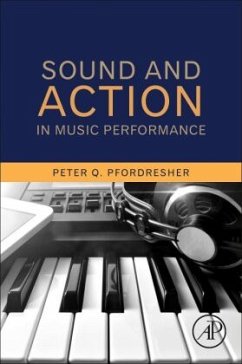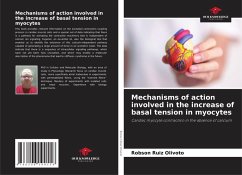
Voluntary Action
Versandkostenfrei!
Versandfertig in 6-10 Tagen
23,99 €
inkl. MwSt.

PAYBACK Punkte
12 °P sammeln!
High Quality Content by WIKIPEDIA articles! A voluntary action is one that is produced because of conscious choice of the organism. The organism, would in turn also be aware of the action while it is executed. This is the opposite of involuntary action, which occurs without the free will of the organism. When this involuntary action occurs in response to a specific stimulus that may arise outside the body (e.g., sudden glare that would result in closing of the pupil) or inside the body (e.g., or widening of the pupil that might occur with excitement or anxiety). Thus, an involuntary action nee...
High Quality Content by WIKIPEDIA articles! A voluntary action is one that is produced because of conscious choice of the organism. The organism, would in turn also be aware of the action while it is executed. This is the opposite of involuntary action, which occurs without the free will of the organism. When this involuntary action occurs in response to a specific stimulus that may arise outside the body (e.g., sudden glare that would result in closing of the pupil) or inside the body (e.g., or widening of the pupil that might occur with excitement or anxiety). Thus, an involuntary action need not be a reflex if it is not a direct response to a stimulus, e.g., alternate contraction and relaxation of skeletal muscles during a "fit" (seizure). Another distinction is that reflexes tend to have a protective value for the organism, and are seen in all members of a species, but involuntary movements may not be.












